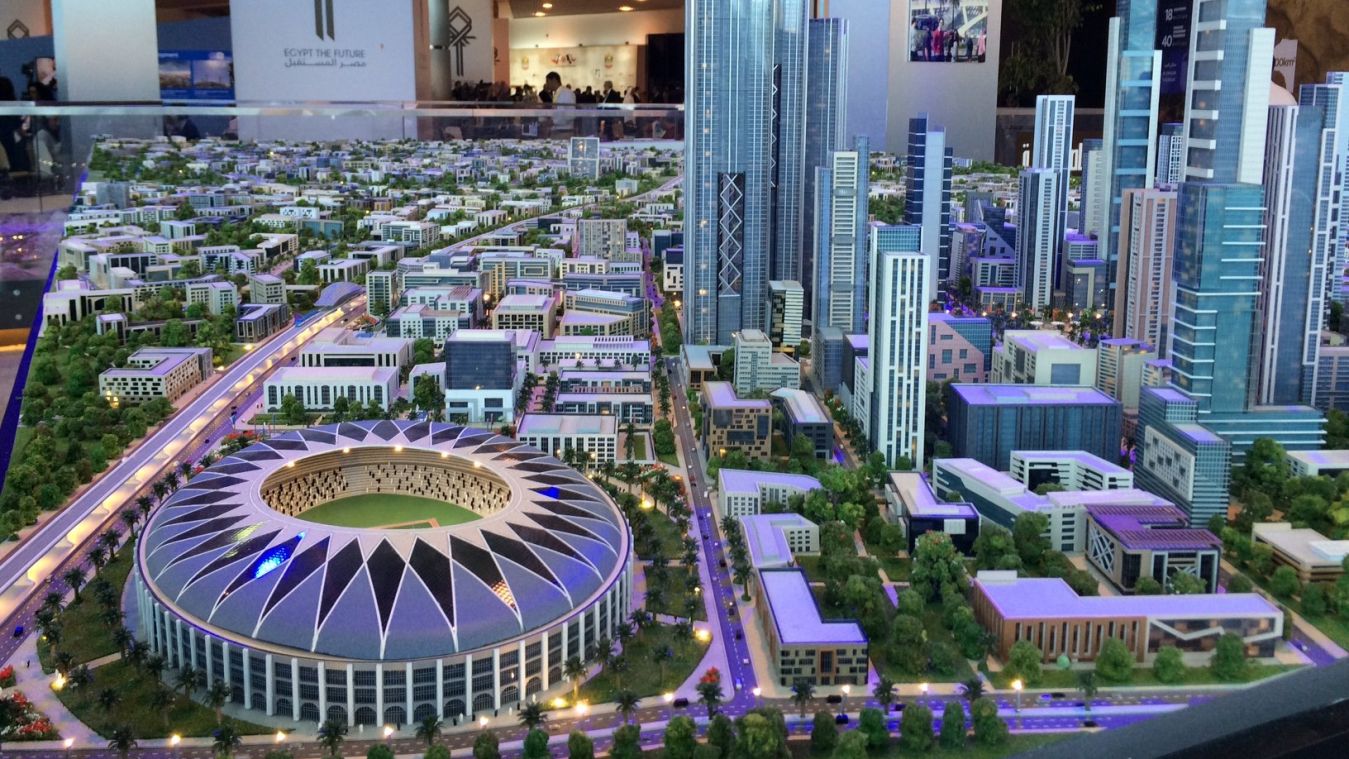From CNN:
Egypt's new capital
city moved a step closer to reality with the announcement that Chinese
developers will largely fund the megaproject.
The China Fortune Land Development Company (CFLD) agreed to
provide $20 billion for the currently unnamed city, after a meeting between heads of the firm and Egyptian President Abdel Fattah El Sisi.
This follows a previous
commitment of $15 billion from another Chinese state-owned company,
bringing the project close to its $45 billion budget requirements for
phase I.
Plans for
the new capital were first announced in March 2015. Government officials
described the development as a solution to crowding, pollution and
rising house prices in Cairo.
"Cairo
Capital is a momentous endeavor to build national spirit, foster
consensus, provide for long-term sustainable growth," said the project
website. "(The) new city will create more places to live, work and visit."
Under construction
The
700 square kilometer city to be constructed in the desert to the East
of Cairo would become the new seat of government, and it is presented as
a far grander vision than the current capital.
Proposals
for the city include housing for five million people, over 1,000
mosques, smart villages, industrial zones, a 5,000-seat conference
center, and the world's largest park.
Interest in the project has been brisk. An Indian company is
reportedly planning a vast medical center and university, while a Saudi firm intends to build a 12.6 hectare mosque and Islamic museum.
Construction is already under way. According to Egypt's
Al-Ahram newspaper, engineers have begun work on infrastructure including bridges and 210 kilometers of roads.
The
first phase of the project will see government ministries and
residential blocks rise from the sand. This phase could be complete
within five years, with the first residents moving in.
Ghost town?
Despite
the optimism from officials, there are concerns that the project will
encounter familiar problems. Egypt has already constructed several
satellite towns around Cairo, which have registered low occupancy
despite high investment....
MORE

